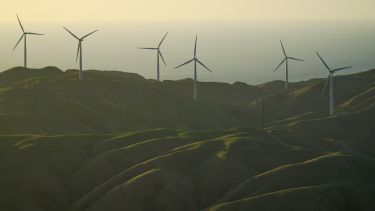The grant is in collaboration with colleagues from the Dept of Geography at the University of Sheffield, University of Aarhus in Denmark, UNIS Svalbard and Sogn and Fjordan University College in Norway to explore the role of the active layer-permafrost interface in biogas production as a contribution to greenhouse gas (GHG) inventories from the Eurasian Arctic.
The project, led by Prof Andy Hodson from the Dept of Geography at Sheffield, starts in April 2015 and runs for three years. It will investigate biogeochemical processes controlling in situ methane and nutrient production that results from enhanced turnover of organic carbon stored in the Arctic permafrost in response to global warming.
It will also examine the impact of nutrient (carbon, iron, phosphorous and nitrogen) export from permafrost lowlands on adjacent marine ecosystems, as a driver for increased biological production and mechanism inducing further change in the carbon dioxide budget of this sensitive ecosystem.
The research will address these key issues with an integrated programme of field work, laboratory experimentation, numerical modelling and workshops, using field sites in Svalbard, Norway and Siberia, Russia.

